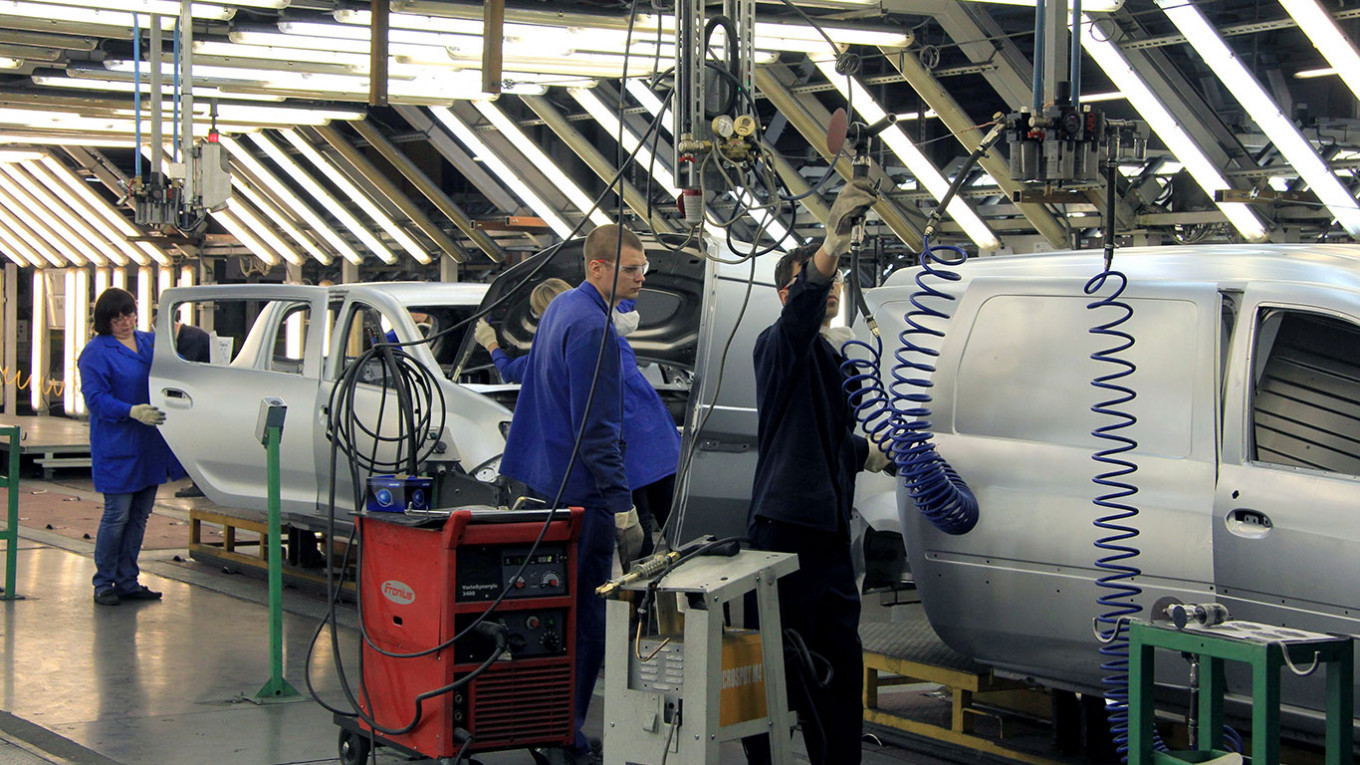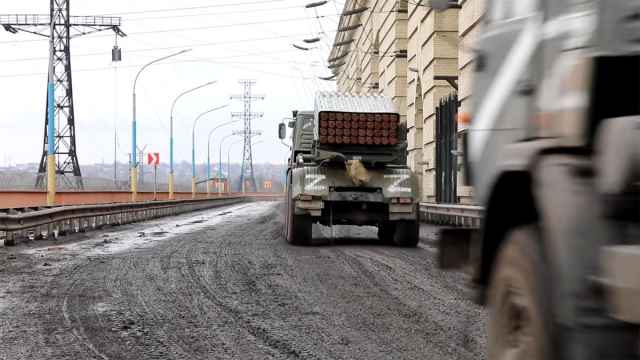Production of Lada cars at AvtoVAZ’s flagship plant in the Volga River city of Tolyatti is expected to fall 40% this year to 274,000 vehicles, Interfax reported Monday, citing City Duma documents dated Nov. 12 that it had obtained.
The company’s shipped output is projected at 464.5 billion rubles ($5.92 billion) for 2025, down 27.7% from last year.
A conservative forecast for 2026 anticipates a further 3.3% decline to 265,000 vehicles.
Market performance has also weakened. New Lada sales in Russia fell 25% in January-October compared with the same period in 2024, industry data firm Avtostat said, and the brand’s market share slipped from 26% to 20%.
AvtoVAZ President Maxim Sokolov acknowledged the downturn at the Transport Week 2025 forum last week, saying demand remained weak and that an October uptick in sales largely benefited Chinese brands and parallel imports.
Sokolov previously said total Lada production across all company sites would exceed 300,000 units this year, well below the original 500,000 target.
The slump in sales forced AvtoVAZ to shift to a four-day workweek in late September in an effort to avoid layoffs, with plans to keep the reduced schedule for six months.
But by October, the Mash Telegram channel was reporting that layoffs had begun.
Workers said bonus payments and overtime were eliminated after a summer agreement that introduced the shortened week, cutting monthly pay from 100,000-120,000 rubles ($1,274-$1,529) to 45,000-50,000 rubles ($573-$637).
The company has reassigned some production workers to auxiliary tasks on Fridays, including cleaning industrial areas, clearing conveyor lines and carrying out repairs, to retain staff.
These “household jobs” offer 16,000 rubles ($200) for 32 hours of work or 32,000 rubles ($410) for 40 hours, though employees said conditions were difficult and access to the extra shifts limited.
A Message from The Moscow Times:
Dear readers,
We are facing unprecedented challenges. Russia's Prosecutor General's Office has designated The Moscow Times as an "undesirable" organization, criminalizing our work and putting our staff at risk of prosecution. This follows our earlier unjust labeling as a "foreign agent."
These actions are direct attempts to silence independent journalism in Russia. The authorities claim our work "discredits the decisions of the Russian leadership." We see things differently: we strive to provide accurate, unbiased reporting on Russia.
We, the journalists of The Moscow Times, refuse to be silenced. But to continue our work, we need your help.
Your support, no matter how small, makes a world of difference. If you can, please support us monthly starting from just $2. It's quick to set up, and every contribution makes a significant impact.
By supporting The Moscow Times, you're defending open, independent journalism in the face of repression. Thank you for standing with us.
Remind me later.






